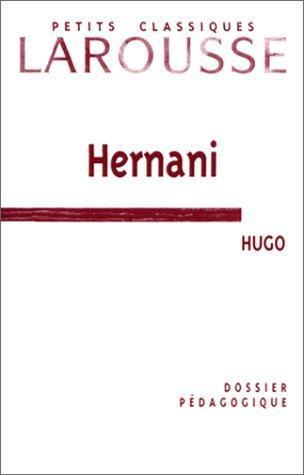Teo reviewed Hernani by Victor Hugo
Review of 'Hernani' on 'Goodreads'
3 stars
Intertextualidad
Menciones directas:
El Cantar de mio Cid, anónimo (España, ca. 1200).
La Eneida de Virgilio (Roma, 19 a.C.) (cita: "pendent opera interrupta minaeque murorum ingentes").
Mención al personaje Sancho Panza de Don Quijote de la Mancha de Miguel de Cervantes (España, 1615).
Mención a los escritores Martín Lutero (Sacro Imperio Romano Germánico, s. XVI), Conde de Mirabeau (Francia, s. XVIII), Abad de Aubignac (Francia, s. XVII), Jacques Cujas (Francia, s. XVI), Nicomedes Pastor Díaz y Corbelle (España, s. XIX), Pierre Corneille (Francia, s. XVII), Molière (Francia, s. XVII), Cornelio Agripa (Sacro Imperio Romano Germánico, s. XVI), Julio César (Roma, s. I a.C.), Francesco Petrarca (Italia, s. XIV)
Indirecta:
* Posible influencia de Romeo y Julieta de William Shakespeare (Inglaterra, 1595) en relación al quinto acto.

